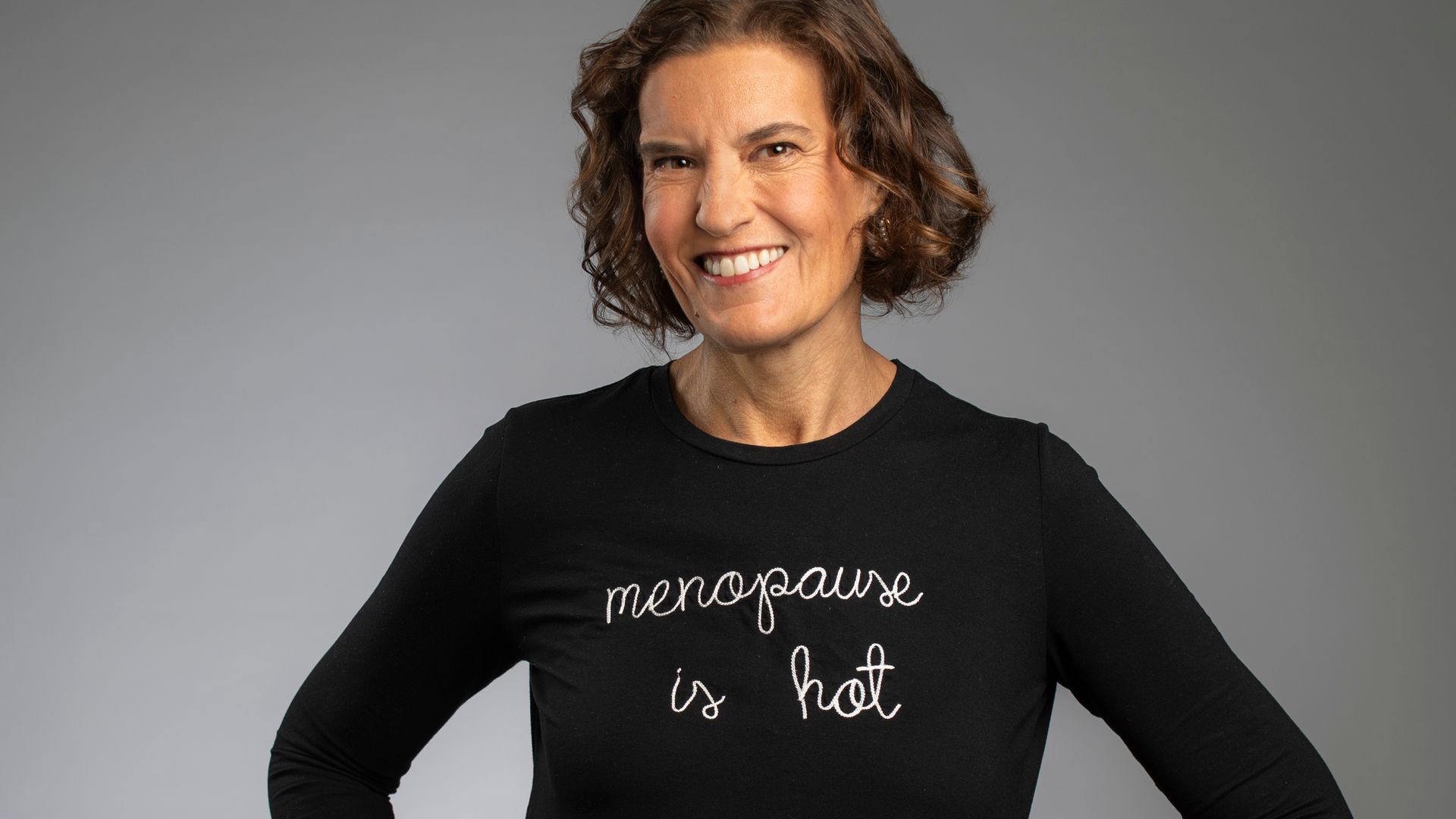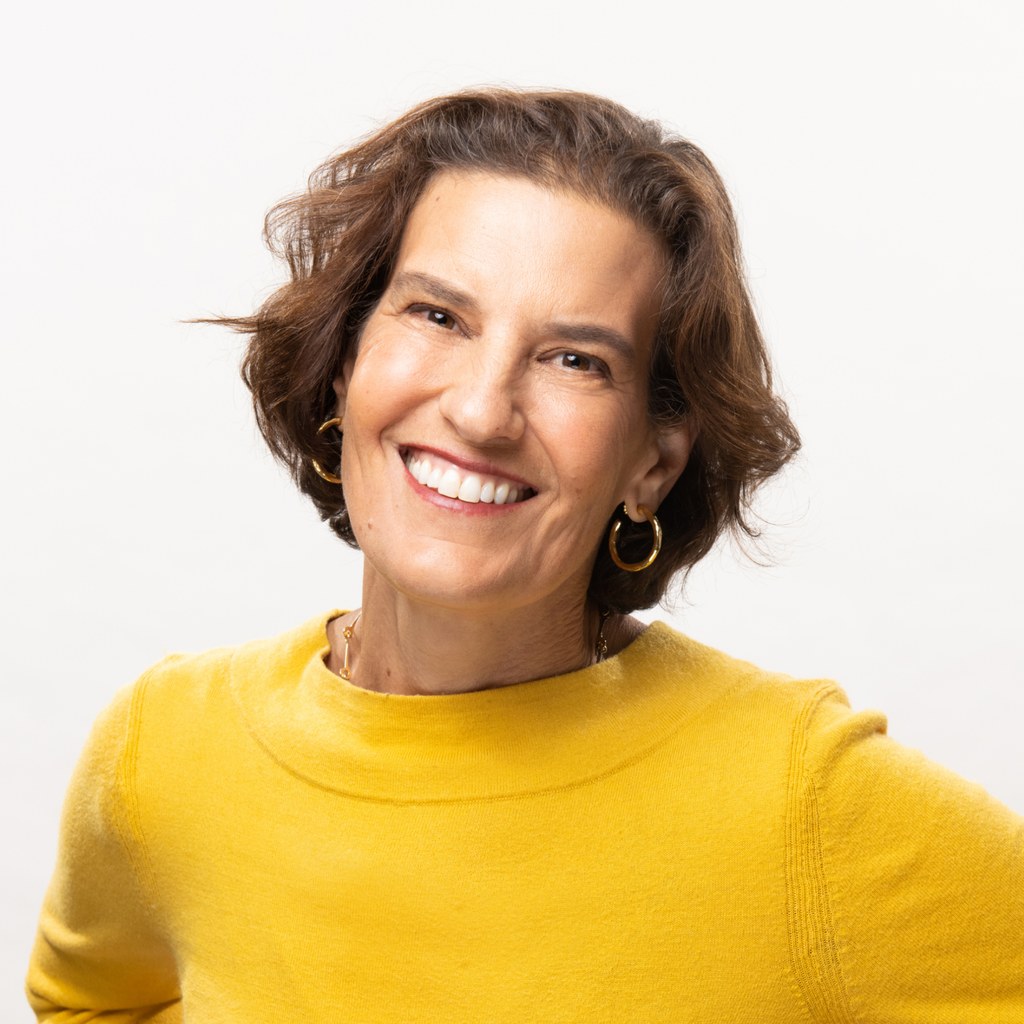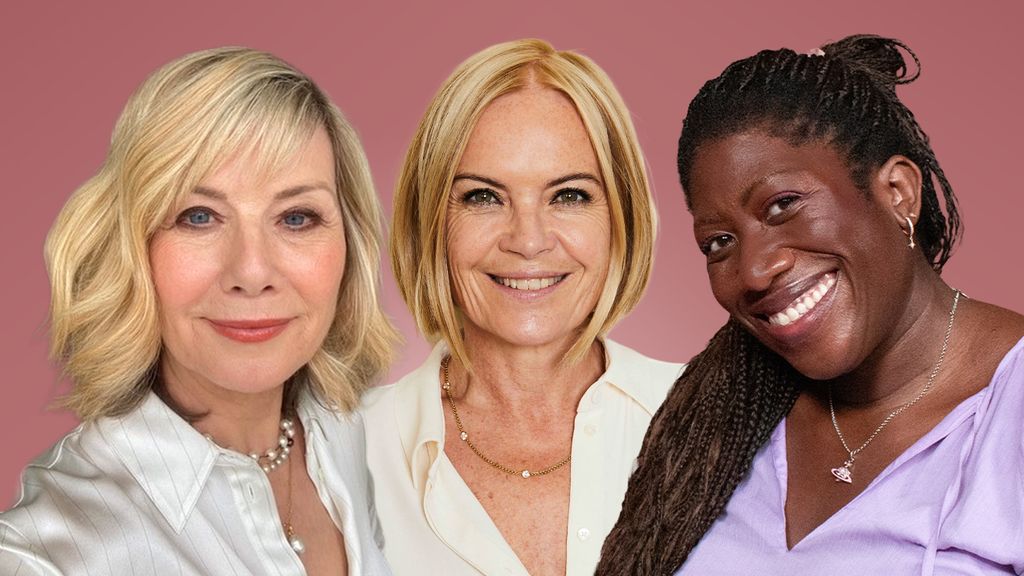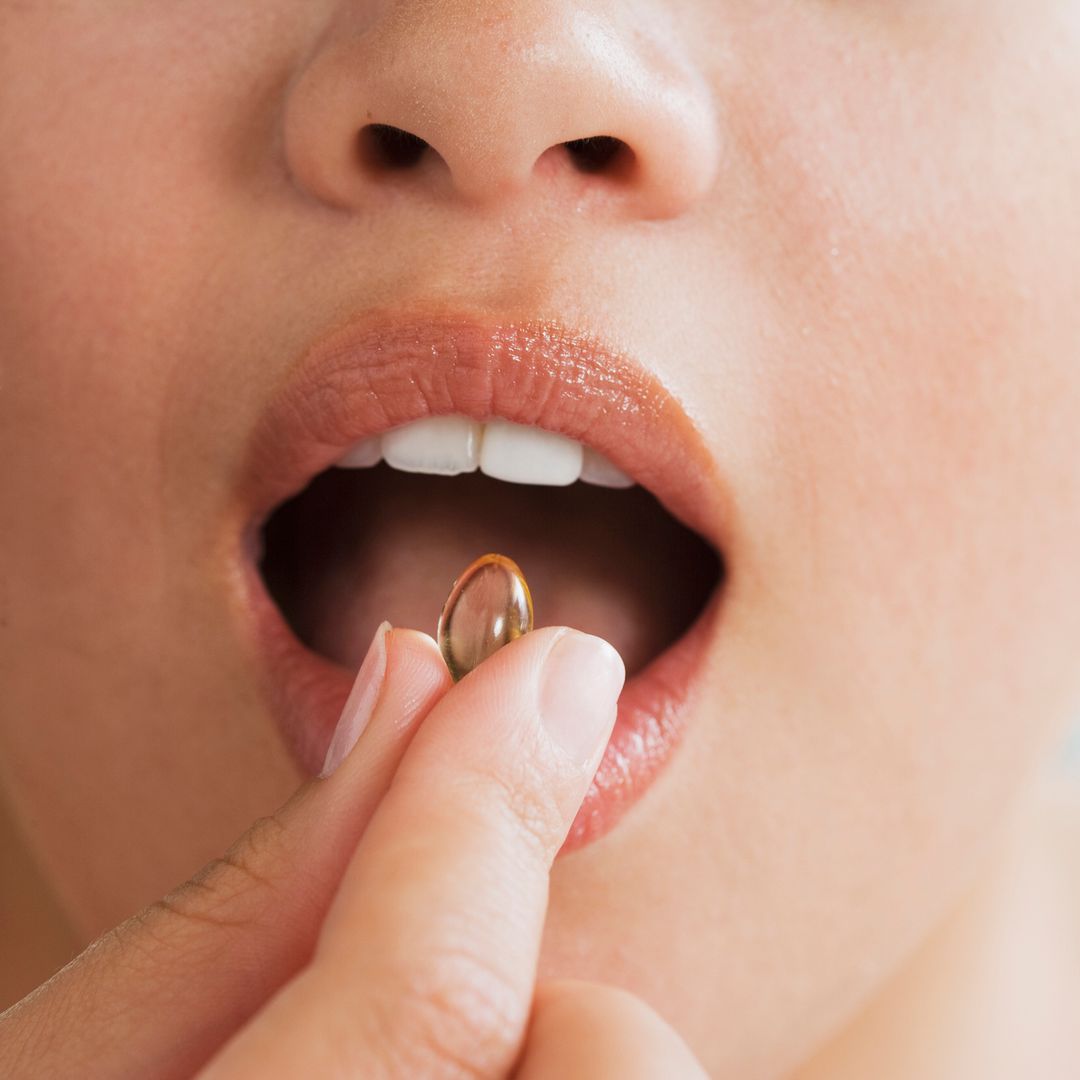"I was around 47 years old when I stopped sleeping through the night," Joanna Strober, Founder and CEO of Midi Health, tells HELLO!
"I was waking up at 2 a.m. and I was having brain fog, which I thought was related to sleep. I was forgetting client names at work. I was losing my car in the parking lot, and I was so convinced I was going through Alzheimer's that I got a test."
When Joanna's test came back negative, she was none the wiser and her primary care doctor ushered her away with sleeping pills that she 'could only take once in a while.'
"The not sleeping continued to be a real issue," Joanna explains. “It was spilling out on all parts of my life including my marriage. I was enjoying sex less and I didn't want it, so we started going to marriage therapy.
"The marriage therapist never said, 'Maybe this is perimenopause', nor did my primary care doctor. And because I was having my period, and I didn't know about perimenopause, I never thought my symptoms could be hormonal."
Joanna first realized that her sleeplessness, brain fog and low libido could be hormonal when she started talking to her friends about it. "They all had similar symptoms and were all waking up at 2 a.m.," Joanna explains. "We were all texting each other in the middle of the night, so I started doing research on hormones and hormone replacement therapy and got really interested in it."
Soon after Joanna's revelation, she found a doctor who was willing to prescribe her hormone therapy and her life changed within a week. "It was that fast for me! My moods got better, I was sleeping - it was pretty magical."
RELATED: How I reframed my 5am wake-up time once I hit my 50s
Joanna was so impressed with her new lease of life that she was adamant about sharing the benefits of hormone therapy with all of her friends. "I became an evangelist and started telling all my friends, 'If you want to sleep through the night, you need to get on hormones,'
"It wasn’t until after Covid, that I saw a business model for in-person care for women's health experts,” she explains. "The laws changed, and the opportunity presented itself to scale it by offering hormonal care online.
"We started the company to give women access to hormone education and hormones covered by insurance," she explains. "When I first went on hormone therapy it was cash pay and super expensive. But with Midi Health, you can access it if you have health insurance - you just go to our website, sign up for a visit, go to the visit, they talk to you and then they help you - there's nothing complicated. You don't have to do anything else.
"Woman do not need to suffer. When you start feeling like things are off in your body, I strongly suggest early intervention - that is my number one advice," she explains. "And if someone tells you it's a normal part of aging, it is not. It is a medical issue that can be fixed. You should never be told that you should just deal with it and suffer."
For anyone nervous about taking hormone therapy, Joanna's advice is clear. "Get to a trained provider who knows about all the treatments available," she advises. "Honestly, if you don't have breast cancer - the research on hormone therapy is very persuasive - it is so good for your bones and your brain and your heart.
"And if you have had breast cancer there are medications such asVioza, that are proven for hot flashes and night sweats. And there are supplements such as lavender, which has been shown to reduce anxiety and black cohosh, which has been proven to reduce hot sweats."
DISCOVER: Five non-negotiables for thriving during menopause
Joanna’s final piece of advice for women thinking they may be perimenopausal? Don't wait until your periods stop to get treatment.
"I think that's the biggest misconception," she explains. "The idea that hormone therapy doesn't start until you are no longer having your period is rubbish as perimenopause is an insidious period of time. It's before your period stops. And it's the period of perimenopause when your estrogen is fluctuating when the worst symptoms happen. So don't wait for menopause to get treated. Get treated before you go into menopause.”














